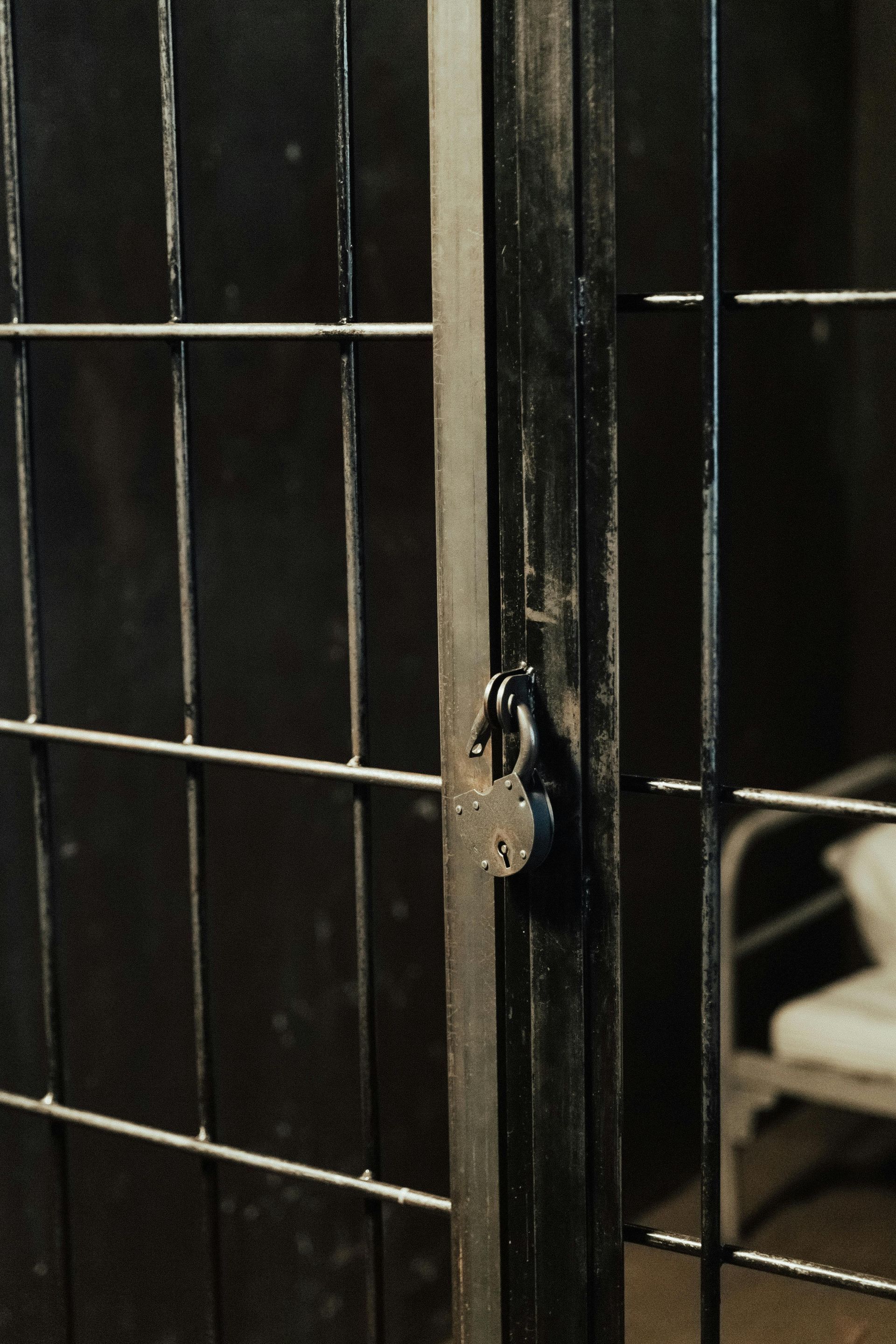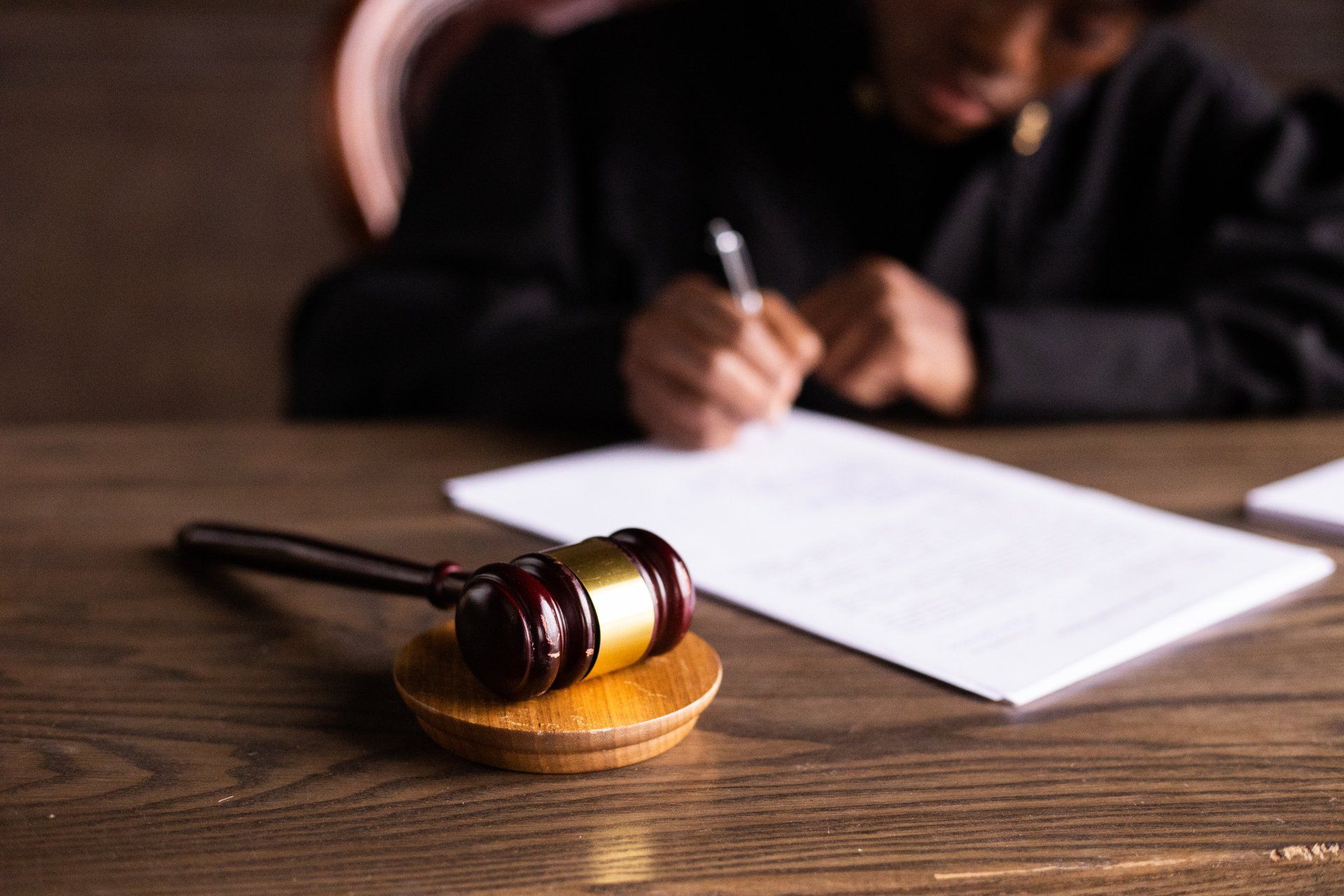What is a Partition Lawsuit?
Time to Split Up! The Partition Lawsuit and Process.
There are quite a few reasons that real estate might be jointly owned—owned by more than one person. A married couple is the most obvious. But sometimes boyfriends/girlfriends, or parents and children, or investment partners, end up with jointly owned property. Yet another group is heirs who have inherited property. This sometimes puts cousins or other extended family members together as property owners.
So with that foundation, it is not a surprise that Property disputes are not uncommon, and when co-owners find themselves at odds over the use, management, or distribution of a property, a lawsuit may be necessary. In this blog post, we'll explore what a partition lawsuit is, the keys to winning a partition action, and the key aspects associated with this legal process.
What is a Partition Lawsuit?
A partition lawsuit is a legal action taken to resolve the joint ownership of real property. Real property refers to land and anything permanently affixed to it, such as buildings and structures. Single family homes, condos, townhouses, and vacant land are all real property. When two or more individuals share ownership of a property, conflicts may arise regarding its use, sale, or division. A partition lawsuit provides a legal mechanism for resolving these conflicts by dividing the property or forcing its sale. Chapter 64 of Florida Statutes provides the legal framework for partition actions in Florida. Any of the owners of real property can file a partition action. If you are an owner and one of the other owners files a partition action, you will likely want to speak with a partition lawyer.
Types of Partition:
There are two main types of partition in Florida: partition in kind and partition by sale. A few other states also have a partition by appraisal.se
Partition in Kind:
Also known as a physical division, this type of partition involves physically dividing the property among the co-owners. Think of empty, vacant lots with no buildings on them. This type of real estate could be split up, or divided, by a judge.
Each co-owner receives a specific portion of the property, and they become sole owners of their respective portions.
Partition by Sale:
In cases where dividing the property is not a good idea, a court may force the parties to sell the property by court order. The money from the sale is then distributed to the co-owners based on their ownership interests. A forced sale can be quite a smooth process because professionals take over and manage the sale of the property.
What affects ownership interests?
There are many factors that can affect each party’s ownership interests, or more accurately stated: what each party is entitled to from the sale. The court will consider the following factors when determining how to divide the proceeds—money—from the sale of the property:
Who paid the down payment, mortgage payments, HOA or Condo payments, taxes etc. The court will also look at who maintained the property, who lived in the property, if anybody collect rent from the property. Also, did either party remove or kick out the other party, called an “Ouster”.
If any of these factors applies to your case then the judge will review the evidence and it can affect who gets what.
The Partition Lawsuit Process:
1. Filing the Complaint:
The party initiating the partition lawsuit, known as the plaintiff, files a complaint in the appropriate court.
The complaint outlines the details of the property, the co-ownership arrangement, and the reasons for seeking a partition.
2. Court Proceedings:
Once the complaint is filed, the court may schedule hearings to gather evidence and assess the situation.
The court may appoint a Special Magistrate to evaluate the property and provide recommendations on the most equitable way to proceed.
As for the “Special Magistrate”, we use local Seminole County Realtor who is also a licensed Florida attorney, and he is very effective at getting the property sold and overcoming and hurdles that may come up during a partition sale. For example, if one of the parties does not want to sign any documents and refuses to cooperate, then the Magistrate can exercise appointed powers and sign on their behalf. The Special Magistrate is discussed in Section 64.061(4) of the Florida Statutes but the statute does not provide much other guidance about who should be appointed (or what a “Special Magistrate” even is). We had a trial and error experience on one case where another Realtor was appointed but was not willing to sign legal documents, and through several hearings we were able to appoint the lawyer/realtor and things were smooth sailing.
3. Determining Ownership Interests:
The court determines the ownership interests of each co-owner, which is crucial in deciding how to proceed with the partition. This can happen before the sale or after, and usually depends on local judges customs about when they make that determination.
4. Deciding the Type of Partition:
Based on the circumstances of the case, the court decides whether to order a partition in kind or a partition by sale.
5. Execution of Partition:
If the court orders a partition in kind, the property is physically divided among the co-owners.
If a partition by sale is ordered, the property is sold, and the proceeds are distributed among the co-owners.
Remember too though, most times a lawsuit settles, and the parties agree to sell the property.
As for the partition action cost, Attorney Joe Taormina often offers to represent partition clients on a contingency basis. Be sure to ask about contingency and delayed-payment options.
If you are interested in stopping a partition action, this happens reaching a settlement agreement. One party may agree to buy out the other party, which will eliminate the need for a sale, and will stop a partition lawsuit from progressing.
Lastly, I have been asked about partition actions in California, however, I am only licensed in Florida and can only comment on Florida partition law.











